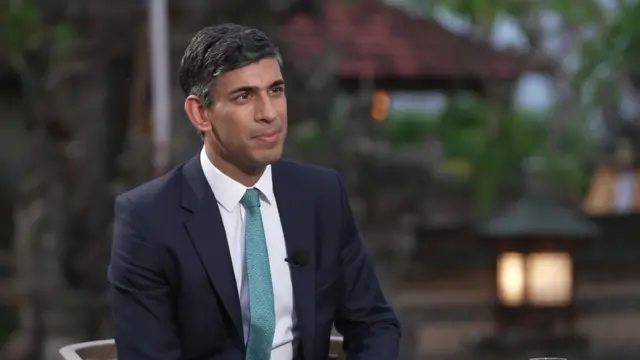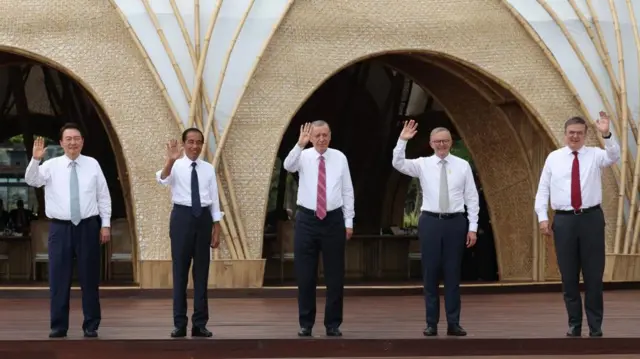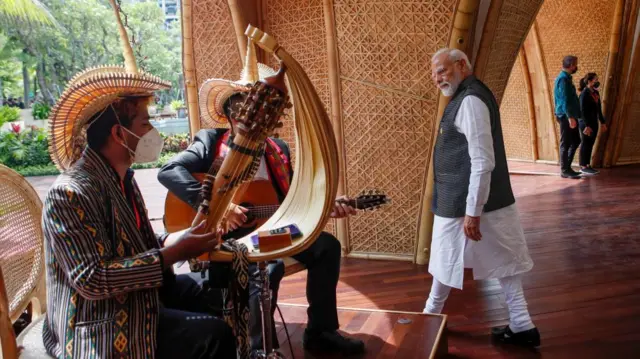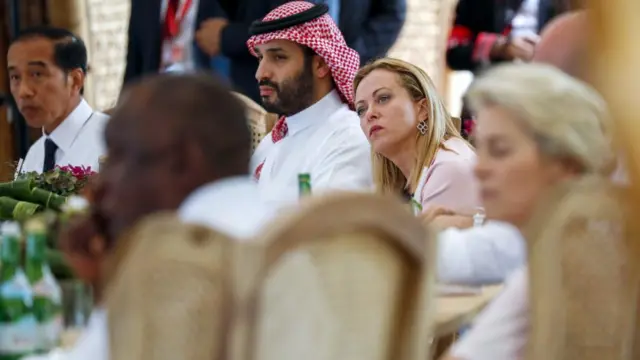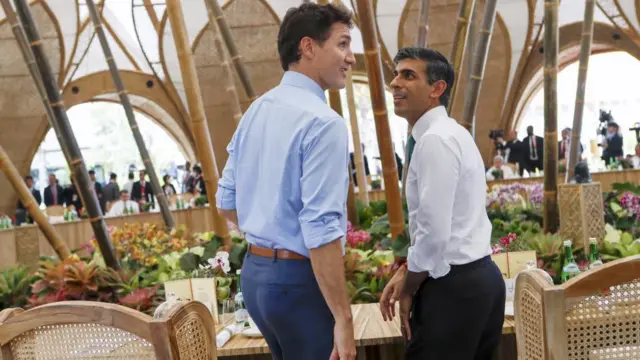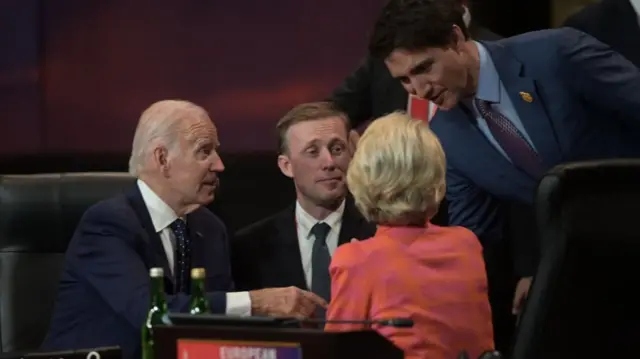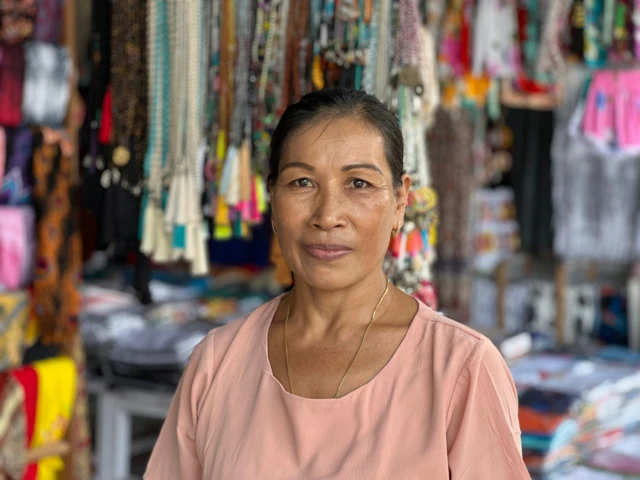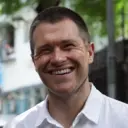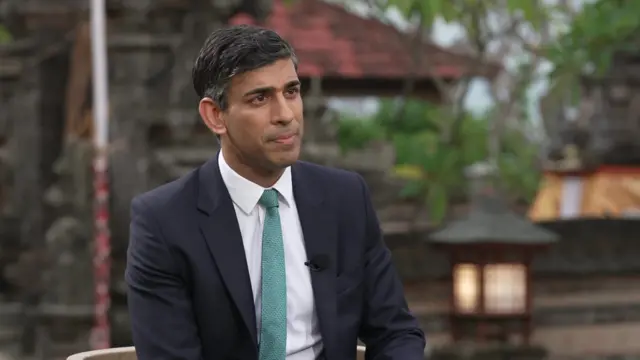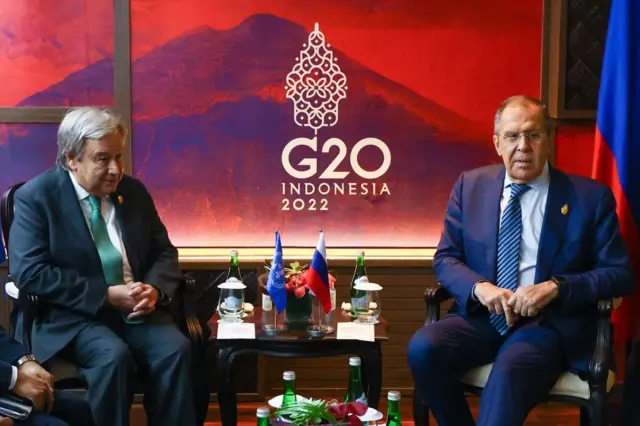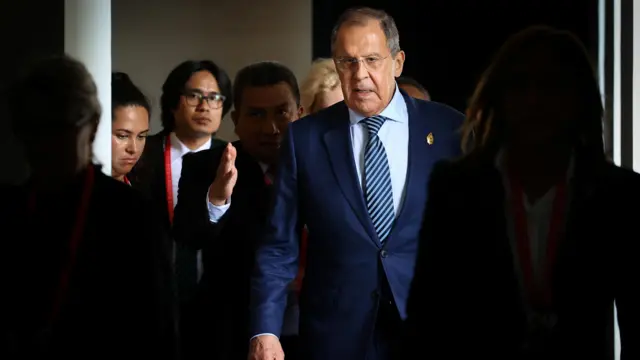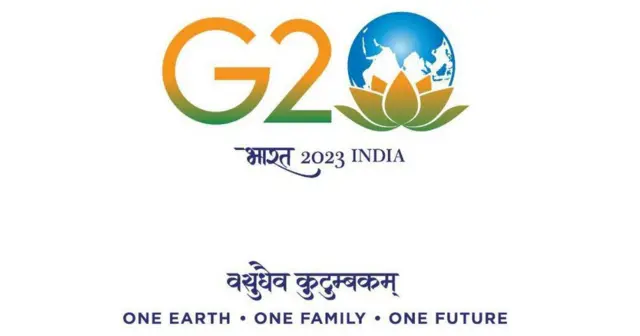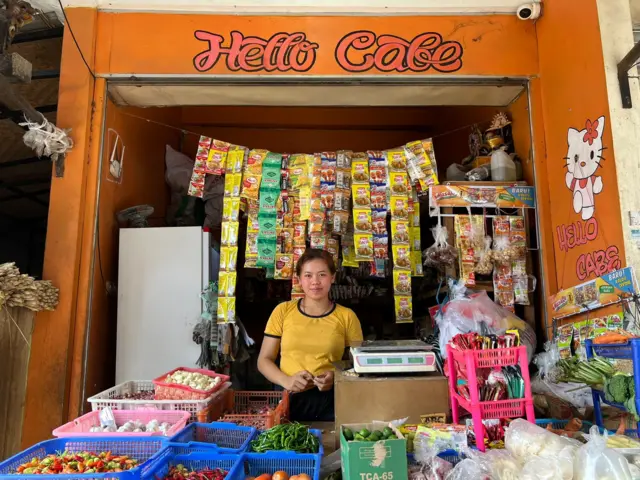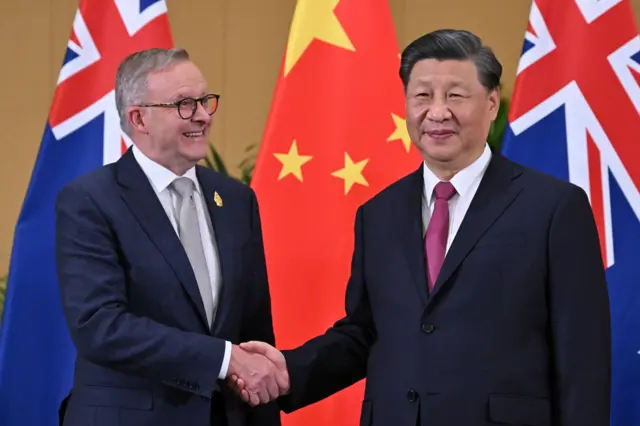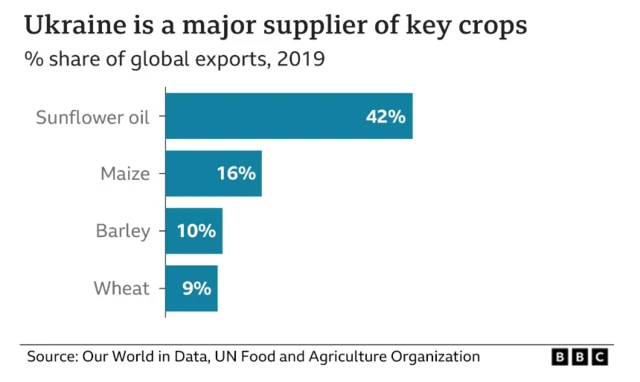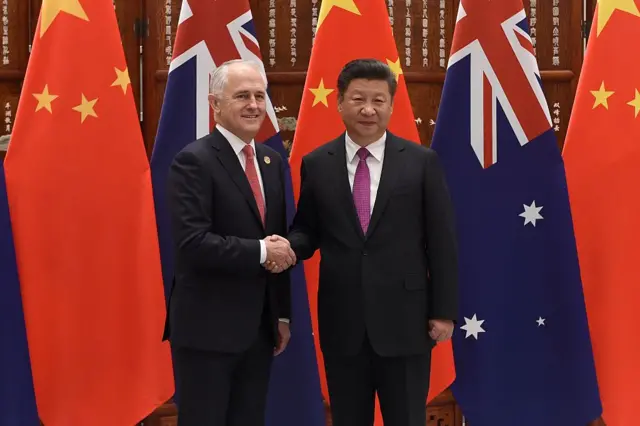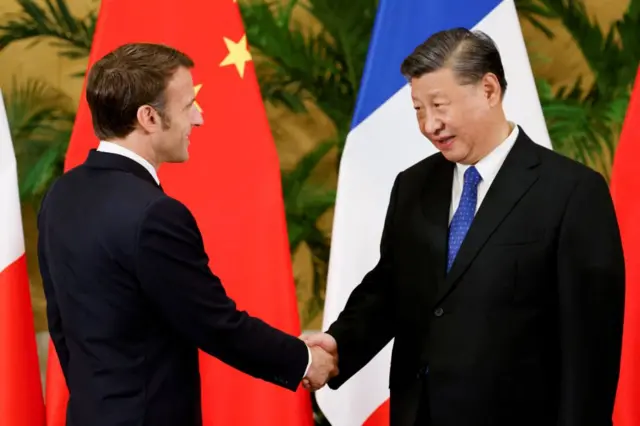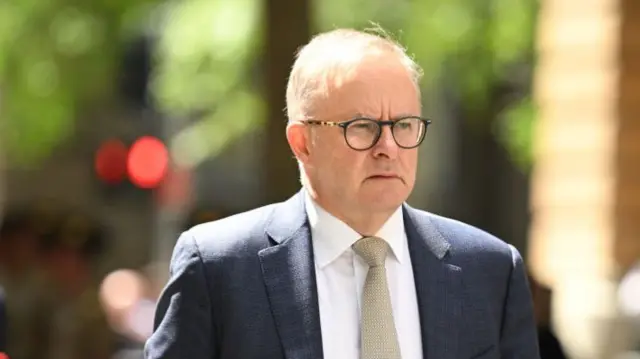UK's reputation has taken a knock, Sunak sayspublished at 12:07 GMT 15 November 2022
More now from Rishi Sunak's interview with the BBC's Chris Mason, who asks the prime minister how tarnished the UK's reputation is abroad after the political turmoil this year.
"Obviously our international reputation took a bit of a knock as a result of some of the things that happened more recently," he says.
The prime minister goes on to say he has seen "an enormous amount of goodwill for the UK to be an active and engaged member of the international community" while attending the G20 summit.
"There's widespread support for what we've done in Ukraine, where Boris Johnson originally has shown incredible leadership that I plan on continuing and across the board, whether it's on COP and climate change, or how to fix the global economy, stand up to aggression everywhere, support vulnerable countries with food," Sunak adds.
"These are all issues where we can play a role and people are looking for us to do that."
